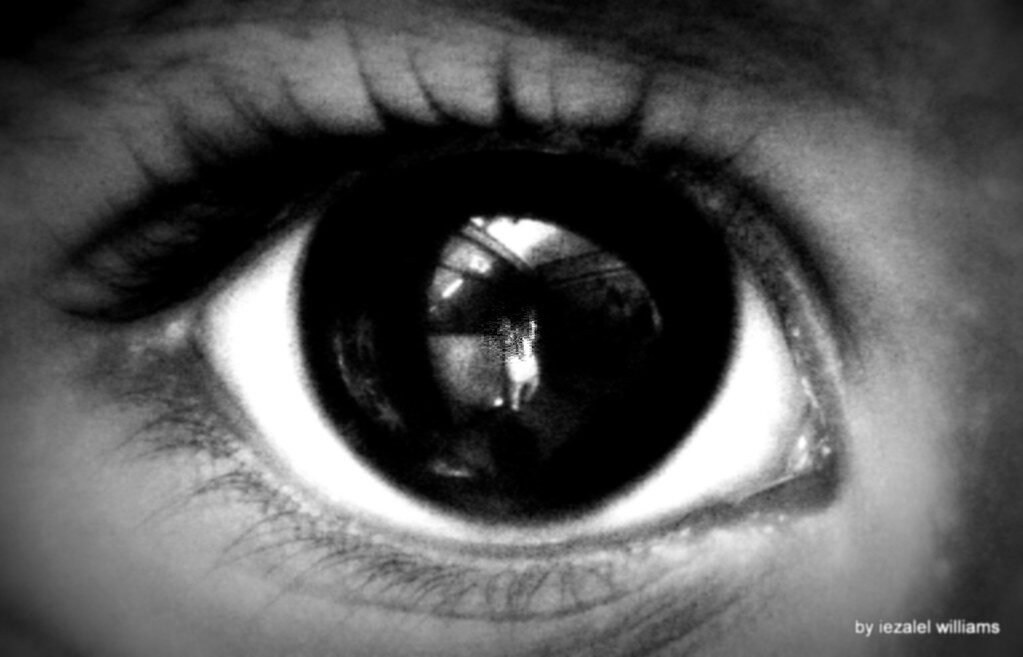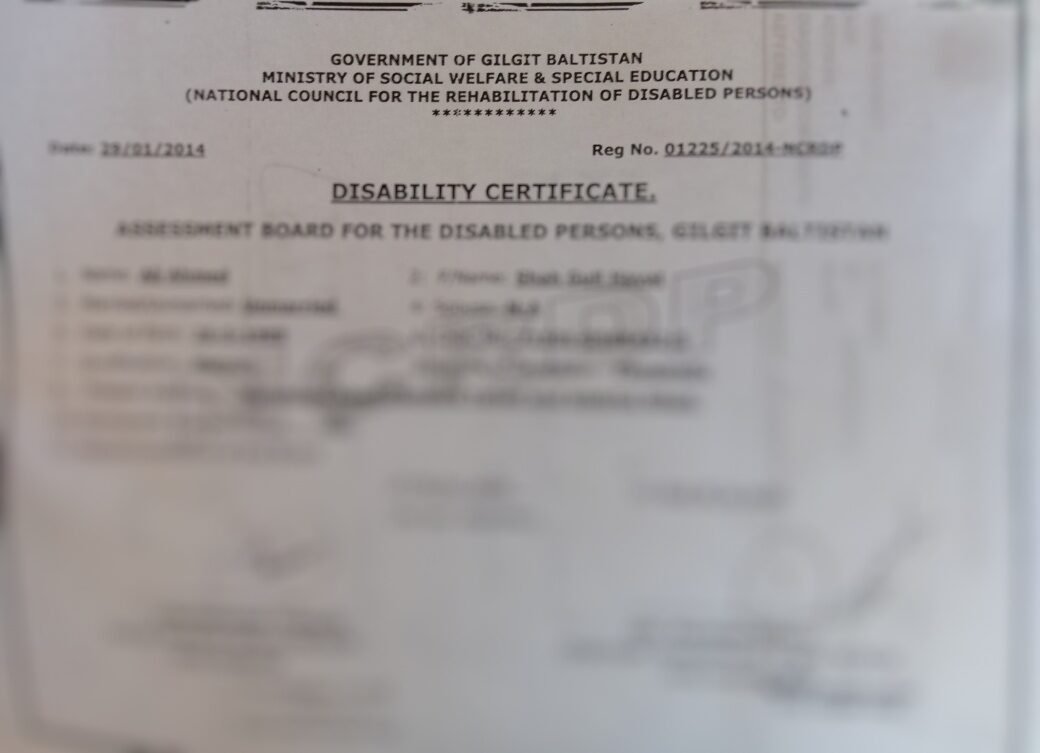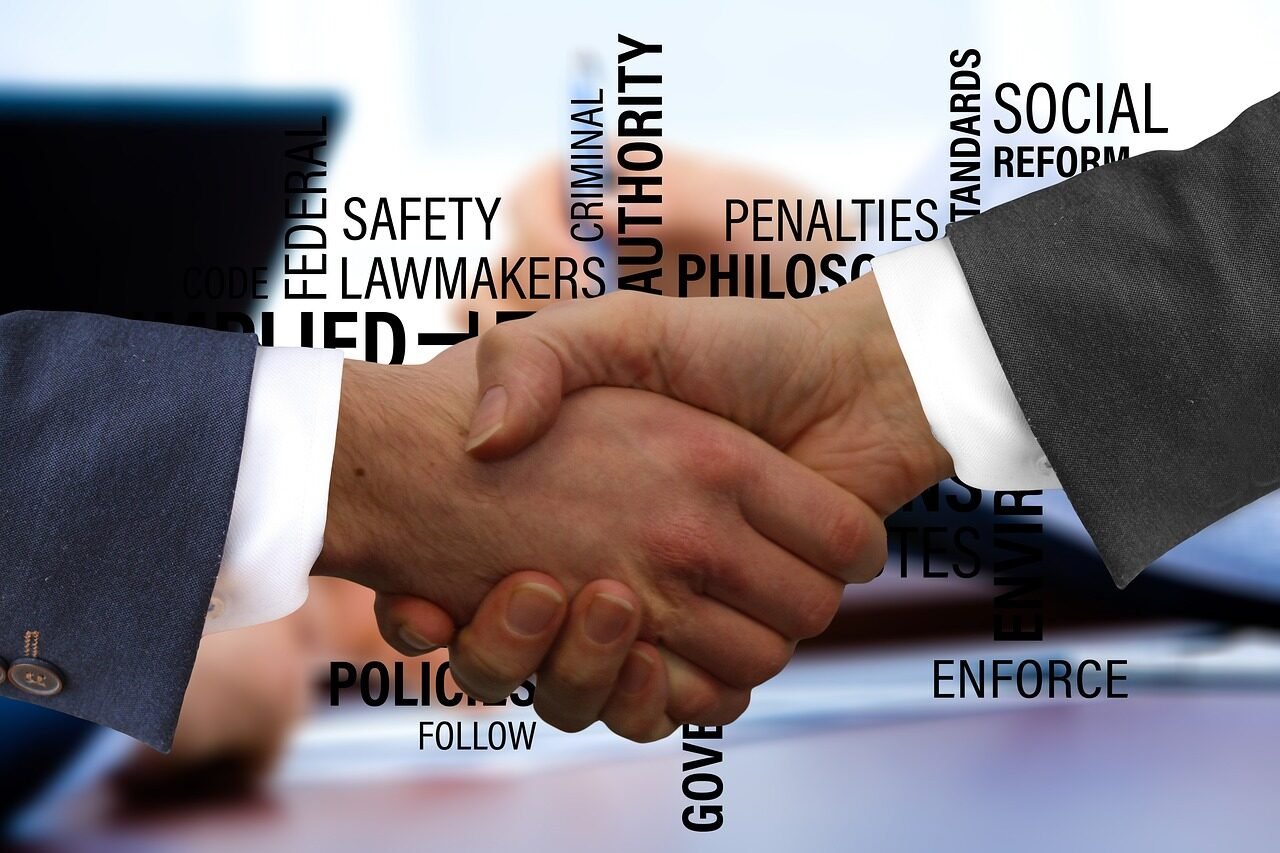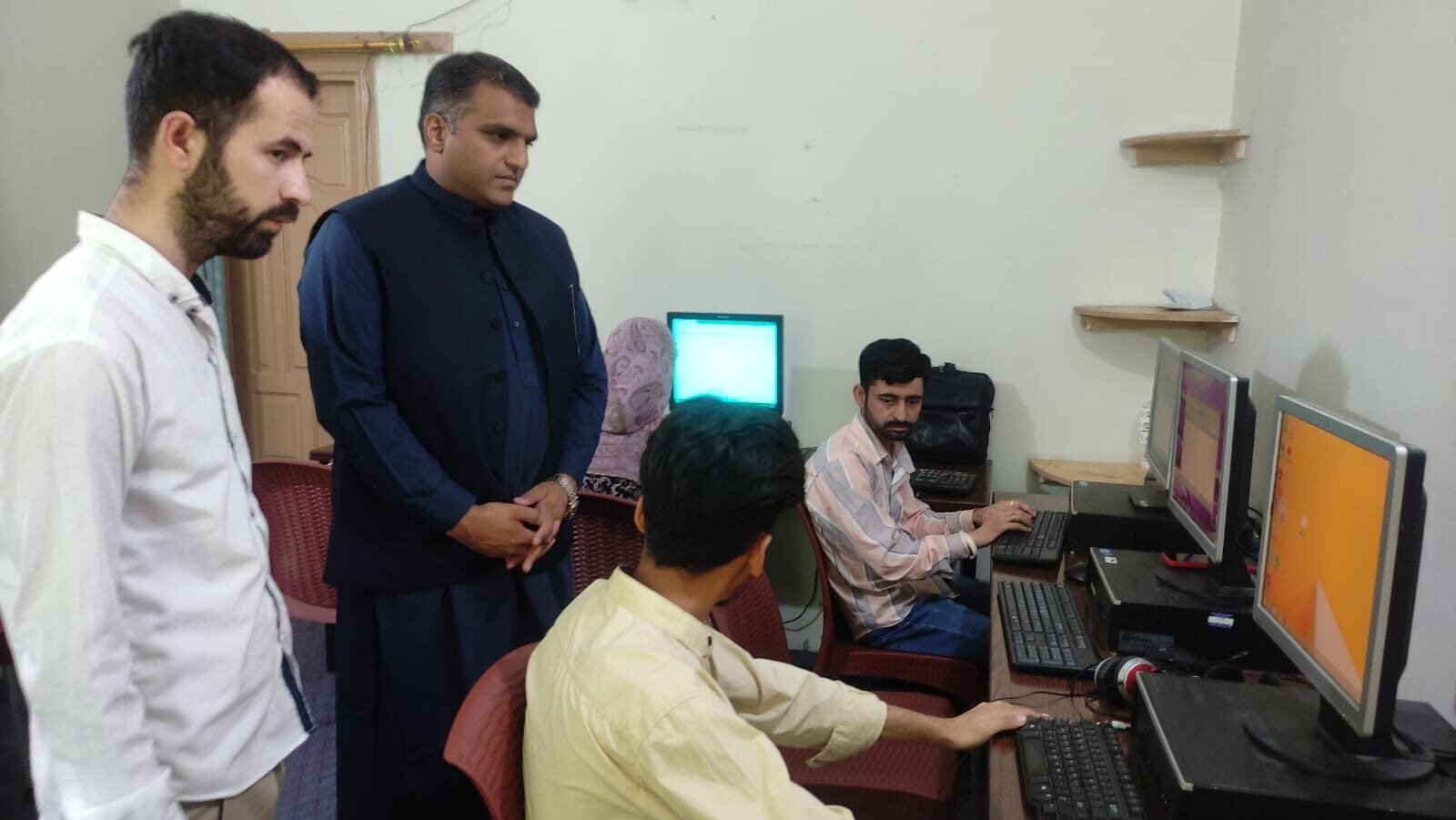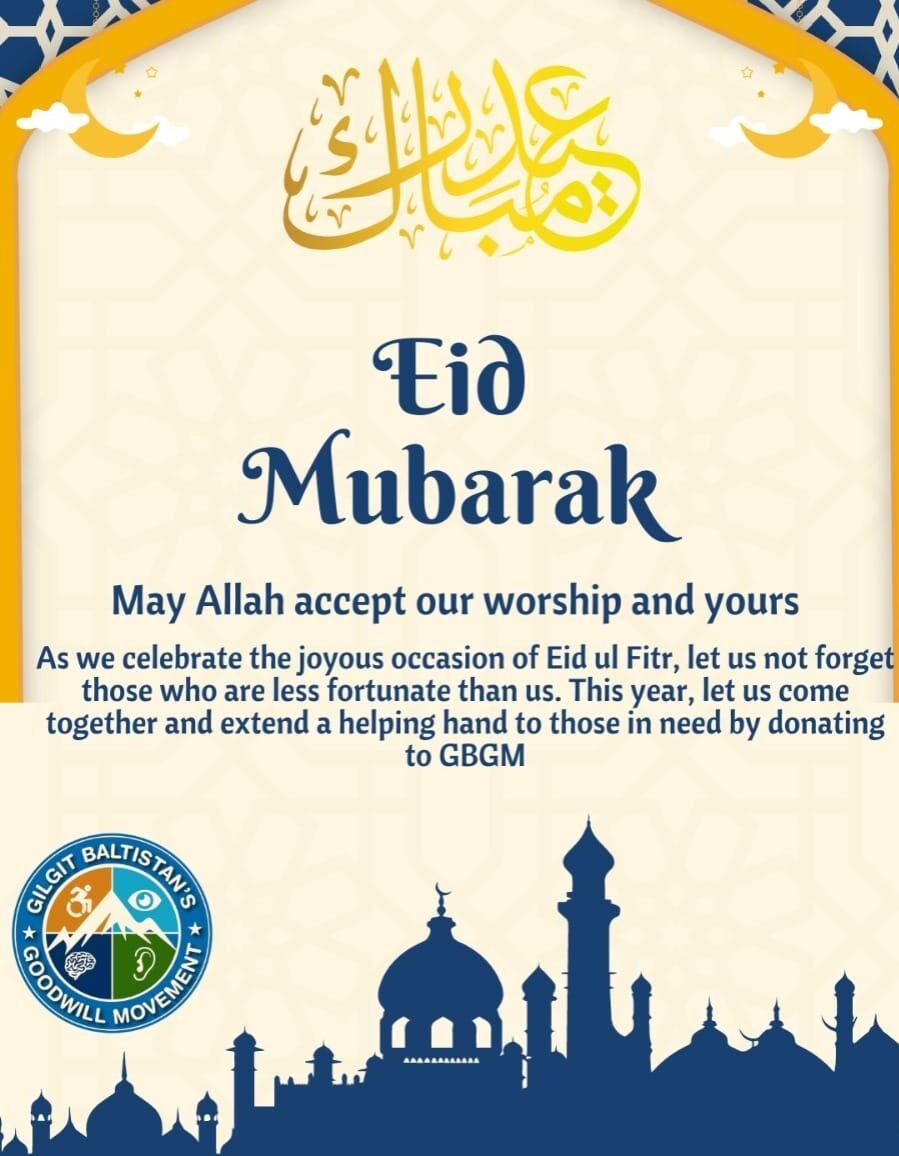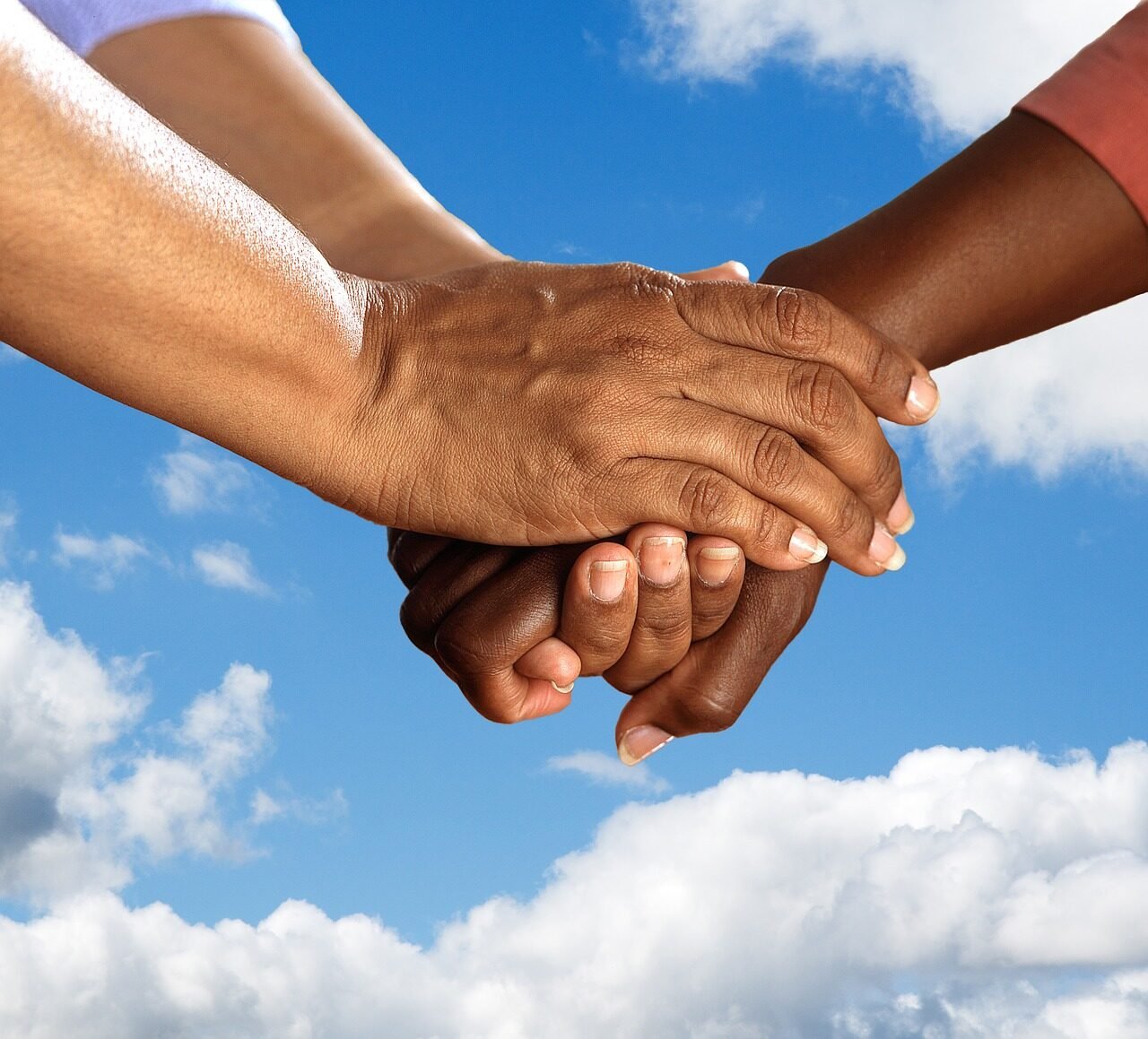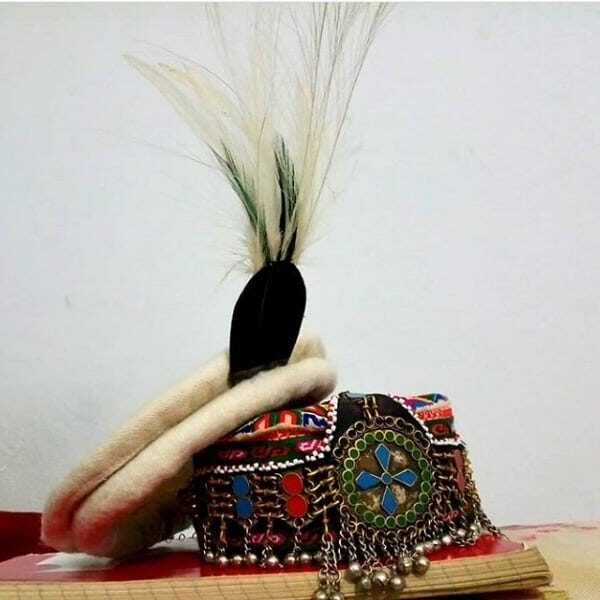Category: how to aware
Inclusivity in Policymaking for Persons with Disabilities: The Vital Role of Representation
The journey towards building an inclusive society for persons with disabilities (PWDs) demands a proactive and comprehensive approach. One pivotal aspect of this approach is ensuring that policies crafted for PWDs incorporate their perspectives and voices.
What is your vision?
This article is dedicated to those who want a more explicit message of the vision of Team GBGM for Disabled People.
Due to the conventional academic writing style, our content is sometimes like a news report. Understandably so because it needs to inform the audience irrespective of their values, beliefs, and how they perceive ‘ Persons with Disabilities ‘ in the global society that we live in. Perhaps our website’s aims and vision section is ‘ management talk.’ Our aims, rather than thoroughly detailing the methods that will use and what we want to see in our society, Gilgit Baltistan, for Persons with Disabilities as a result of our efforts. What is our vision?
Setting the targets
Keeping in mind that most people want to get information very quickly, the vision for the next five years of GBGM is
• Gilgit Baltistan’s Goodwill Movement will actively seek employment opportunities for as many of our current students as possible.
• Provide future training for another batch of Persons with Disabilities so that they can make a livelihood for themselves.
• Continue work on Skills development Projects and advocacy for Persons With Disabilities.
• Work with the GB government on Skills development and advocacy initiatives.
• To Continue our IT, English, and LED Bulb Making skill development projects.
• Start projects such as mobile repairing and other vocational skills within the next five years.
• Provide Food, Shelter, and Medicine to Persons with Disabilities in dire need.
• Make GBGM self-sustainable so that within the next five to six years, GBGM can start its own Hunar (Skills) businesses or freelance approaches, meaning that the organization can move towards more of a self-reliant approach.
Evaluating Public Attraction
Social Media – Hits versus realities.
One of the things we realized, especially when communicating on social media, is that due to the influx of misinformation, people do not realize the immense difficulties that PWDs face in Pakistan, more specifically GB. Rather people live inside Silos, where they only observe their own beliefs irrespective of the truth, as the premise of the book Two Paths: America Divided or United shows. Why is this the case? The Bystander Effect So, should we accept this as the truth? We live in a world where populism, AKA not caring for social issues, people aren’t doing anything ‘ bad.’ ‘ Let them be them ‘ is the premise no matter what the condition of disabled people is worldwide.
For example, the education case is just the tip of the iceberg; many other cases need attention: but as this is a website that provides facts rather than misinformation that people have spread, the website does not get views, instead, we are stuck in this war of having a predetermined vision, which sadly often has to be redefined by on-ground activities actions and movements in fighting for equal disabled rights, what issues the org has to tackle.
Conclusion.
One does have pre-set knowledge of the circumstances of what issues the Pakistan disabled community faces, especially in Rural areas like Gilgit Baltistan. With the targets being defined, in the future, GBGM wants to see :
· Increased access to education and training for people with disabilities
• Provide affordable healthcare services to people with disabilities.
• Promote social inclusion and reduce stigma towards people with disabilities.
• Provide assistive devices to enhance the mobility and independence of people with disabilities.
• Improve the quality of life for people with disabilities by providing food and shelter as a result of their actions
How to Obtain disability certificate in Gilgit-Baltistan
A disability certificate is an official document issued by the Social Welfare Department to persons with disabilities, certifying their condition and the level of disability they have. These certificates are crucial for persons with disabilities (PWDS)
Review of Care About Us Podcast.
I want to thank Jamila Shaikh of The Glasgow Disablity Alliance for giving me the honor of writing a review on the Glasgow Disability Alliance Podcast Care About Us, which can be found on Spotify, https://podcasters.spotify.com/pod/show/care-about-us.
About the organization.
The Glasgow Disablity Alliance, which I happen to be a member of, is the largest organization of disabled members in Europe and a leading, celebrated example of a grassroots community of identity driving improvements to disabled people’s lives in parallel with more comprehensive changes to policies, services, and society https://gda.scot/. It has many forums within the organization, including The BAME Network, which will be discussed later on, Drivers for Change, a Social Policy Reformist Group of Disabled Individuals, and many others you could browse in your own time.
Clash of Ideologies
Though the heading may be misleading, in this podcast, we heard the stories of disabled people who are predominantly white. While this is not meant to suggest a racial difference, it is intended to indicate how our South Asian mentality towards Persons with Disablities needs to be more apparent and voiced. For instance, the members of this podcast are Scottish and know how to communicate about such a situation, just like Rosie.
I have mentioned on my social media feed that the Scottish Disabled Youth expressed themself freely in numerous events held by the GDA https://www.facebook.com/ardi.baig/posts/pfbid02yW9TQFeCgivvFUk8r53UhHvexGUWrYufxiP1RK4cWkX1dXbeniSfxGdyG8Peitiql. Why is it the case that we do not hear of the Stories of South Asian in these communities forums? Is it because we are excluded from such meetings? NO! Rather the opposite.
Fighting against the status quo of mentality – ذہنیت
It is because we do not consider this to be an issue. Where one disabled person calls for the reform of a policy, one is suppressed, said Jamila Shaikh, GDA Official. Unlike in Gilgit Baltistan, which to an extent has been influenced by European culture through the likes of German writers publishing books on the subject, and other influences, there are sociopolitical factors that need to be discussed when discussing the issues of South Asian Persons with Disablities in the UK, including :
- Geographical boundaries
- Social settings
- Selected Morals, Values, and Belief systems
- Lack of reading culture.
I find the 4th one the most critical factor in determining this due to the lack of information we receive. For example, I just recently found out about the BAME society.
Jamila Shaikh’s vision for the GDA BAME society.
I recently met Jamila at the start of 2023, and I think we both understand the challenges for BAME society. To be clear though I am a member, I volunteer at the BAME society and help Jamila in certain events. Jamila’s work spans nearly two decades, first at the Royal National Insitute of Blind People and now at the GDA. Though her work covers dealing with
- Refugees.
- Women, particularly in the Punjab regions (Indian Punjab and Pakistani Punjab)
- Asylum seekers,
no one has supported this be it from any South Asian community.
GBGM commitment to the GDA
Though our organization is young in nature, our platform https://gbgoodwillmovement.com can be used for the promotion of the Glasgow Disablity Alliance and find commonalities with the GDA’s BAME Group in Glasgow.
If anyone wants to email Jamila, please contact her at : jamila@gdaonline.co.uk
Copyright of Image: GDA, 2023
Morality and Governance – How PWDS are respected – Why is this? Fear?
My earlier articles have outlined the basic steps toward ethical governance. However, what ethics is can be debated. The world that we live in is of social media trends versus reality. In other words, while reading this, you may also listen to an Andrew Tate video, an Ali Zafar song, or a podcast. But we have lost this unique touch of fighting for a cause. If you were like me, who grew up in the mid-2000s, you knew what equality was. For example, speaking up against animal rights or the Arab Spring – A Political Social media revolution. However, if I look at the trends of today: it is not fighting about. How would it matter to me if a social media influencer makes 1000 + videos with 550 million subscribers?
As a society, we have no sense of community like we used to. So why am I talking about this? Like the food chain, Persons with Disablities are the marginalized of the marginalized. That’s a fact. If no one is affected, no one has to do anything about it. Right. Wrong! This is misleading and puts us on a dangerous road ahead for PWDs.
Family and Freinds
We should discuss morality because I think it starts from the home. As sociologist Talcott Parsons says, ‘ The nuclear family fits the more complex industrial society better. ‘ Most families, even though they might have different complexities are nuclear families. For 80% to 90% of families, I can say that discussing disability is more like discussing the elephant in the room. It is uncomfortable, but it does not have to be.
In an earlier article by Fatima, we read how a disabled person like Mumtaz yearned for people to listen to his story and as well as feeling sympathy for him, feeling like to bring a positive change in society https://gbgoodwillmovement.com/stories-of-the-resilient-mumtaz-ali/. Many family members and friends support Mumtaz’s story, and others like him – a good support network. Otherwise, in Pakistan, a good support network is hard to find. Even if it is, they might mock you or backbite about you.
Whereas in the UK, it is the same but more sugarcoated or sometimes may be blunter about it, but I feel your friends and family are the ones that guide you or should guide you in your life. But why is there a need? Why? When one can compete with you, intellectually or otherwise, why is there a need to have this charity model of thinking as Fatima or Mumtaz described it then?
Fear
I think a central part of this is fear in the context of Pakistan and elsewhere: especially in Gilgit Baltistan, where I believe the culture, if not identical, is very similar to a pan-European culture where there was a similar moral panic in the 1980s when the AIDS crises hit Europe, more specifically Britain. I am not comparing AIDS to disability in the slightest way, but after all, it is a medically termed chronic disease. Fearmongering can be of different volumes – indirect or direct. A 2014 report entitled the difficulties of PWDs in Gilgit Baltistan highlights issues of PWDs, mainly highlighting the lack of awareness within the region https://www.slideshare.net/AleenaKhan11/situationanalysisofpwdingilgitbaltistan2014, and I think fear is the X variable while Y is disability development. There might be a correlation, but it is affected by family relationships and in effect it is a social disease within itself that we need to question.
Moral actions are just as important as ethical governance, and this will affect governance, but it is how we deal with this fear in our families and societies about disability that is a challenge.
Which actors play a role in Inclusive PolicyMaking?
Now that we have defined what ethical governance should look like, I want to refocus on which actors, both state and nonstate, can play a part in inclusive policymaking for PWDs.
Donor Agencies
Gilgit Baltistan is a very remote region of Pakistan; some would even argue that it is smaller than Chitral as this is associated with KPK province and the government of Pakhtunkhwa. Nevertheless, GB has established institutions such as the Aga Khan Programmes under AKDN that could work on this issue, but due to a lack of resources and inclusive representation within AKDN, it can not achieve all its aims for the local communities.
Similarly, other local organizations work within their remit but can’t due to a lack of funding, and I would say for all organizations, including the GBGM, Government funding should be the top priority. As I said in an earlier article, all local (international disabled organizations) receive allotted funding from regular bodies. I used the example of the Glasgow Disablity Alliance,https://gbgoodwillmovement.com/growth-and-stability-for-persons-with-disabilities/, which highlights that GDA gets funding from the EHR commission, The community fund, and the Bank of Scotland: which are local governmental and private entities: should the 18 Lakh PKR in the recent budget not have included a subclause relating to the employment of PWDs? https://gbgoodwillmovement.com/the-recent-passage-of-the-budget-by-the-gilgit-baltistans-government/
Donors
After being in the NGO work for more than two years, I can now fully say that, like business partners, we need donors who can trust us and who can trust us with blind trust, and we can build that trust. Visiting Pakistan and traveling back and forth to the West, we imagine that not everything is legit in Pakistan, but the same thing can be said of the UK or US. Two examples that come to mind are the FDA’s crackdown on Shkreli drugs and Boris Johnson’s PartyGate scandal.
Though these examples seem far-fetched, nothing is 100% perfect, be that in the West. However, coming back to our NGO, donors must be assured that follow-ups about their donation will be met within 1 to 2 days of the donation. If people want to contribute in the short term, that is also fine. People can make queries about their donations. Our emails are checked daily so donors can follow up or specify where they want to spend their contribution or even for further information.
So please feel free to donate to our cause: https://gbgoodwillmovement.com/donate-us/
Paypal policies
Though Paypal is our preferred Payment option, this is an international standard as NPOs such as the Khan Academy even use PayPal.
Researchers/Academics or students
Or if anyone does not fit into these categories, they might want to advocate for GBGM using other methods. As they say, the Pen is mightier than the sword. Some may use the Pen to support GBGM. Academics who want to research this field or students should contact us as this topic is unique in the Gilgit Baltistan Context. We would help you with your primary source research or secondary source research.
What Ethical Governance within Pakistan should mean for Disabled People
After meeting Anas Sarwar yesterday, I had some more reflections I thought would be helpful to share with people who interact with Persons with Disabilities daily.
Helping the deprived during Eid – is that it? Full stop?
In the name of Allah, the most beneficent, the most merciful. I wish everyone a happy Eid (wherever there are) and wish you and your family a blessed holiday (for those celebrating it in Pakistan). I will not take up much of your time, as many want to head out rather than read a long article. However, I digress and take up some of your time.
Like other festive periods such as Christmas or the New Year, Eid is a time of individual reflection. For example, am I heading in the right way? What changes do I need to make to ensure I reach my goals? For an organization, it is different: partly as it is a cause and partly due to one’s own experience. In my personal view, I think my trip to Gilgit was needed for the organization, and somewhat it helped me communicate and express myself but more importantly, it helped me realize what I was missing. For instance, you can see that my previous articles predating May 2023 were not as concise or were waffly, but now I think it is more straightforward. Speaking of Personal Awareness, one has to also reflect on organizational awareness.
As far as meeting the team and my very hard-working students, I think there is a need for better organizational awareness schemes which the government can introduce. When outlining my vision at Karakoram International University, for a split second or a minute or two, I was reminded of all the things I have experienced in the UK ( where I currently reside) and being in Pakistan that all humans are humans on this earth. It does not matter which color or race you are. So while I was stepping up to the podium to give my speech, I was thinking of Gilgit Baltistan (GB) in many ways easily: 1 – implement the 3% quota that was promised in the Gilgit Baltistan Disability Act 2019 and 2 – Intergate the PWD community in society.
I know that the second task is said easier than done, as in developed countries this is not even the case: however, we need to realize that this is the way forward for all PWDs, whether one lives in Gilgit, Ishokmen, Hunza, Nagar, Gupis or Yasin. Until one does not integrate PWDs, there will be an injustice as seen in the recent budget (https://gbgoodwillmovement.com/the-recent-passage-of-the-budget-by-the-gilgit-baltistans-government).
- So what are the solutions that we propose?
- Run more awareness programmes with the youth to focus on social inclusion
- Develop more skills development-based learning programmes so that Adult PWDs have the trait or skill to become more employable.
- Focus on their abilities rather than disablities.
The issues can be solved by these three initiatives, but the government is not willing to support any of these initiatives for the long term!
This Eid we require your support and donations more than ever to expand and sustain our projects.
Growth and stability for Persons with Disabilities
The economic budget which has been presented poses challenges and threats for the PWD community in Gilgit Baltistan, no doubt about that. However, as I said in my earlier article, this will keep happening until the culture does not change, which will take time. So it is not a surprise – as the apple does not fall far from the tree. I do not want to use the premise that disabled people are excluded occasionally because I think a reader will get bored with it, or some will think it is ‘ clickbait,’ which is not our purpose or intention. It is the truth.
Nevertheless, as a well-wisher of the government, I would recommend that they can introduce a mechanism under which DPOs are allowed to collect funds from different sources without having financial difficulties; I think this would be the best way to move forward for the community, of course, provided that DPOs are accountable. That is an issue for Local NGOs, as many banks are hesitant to open a national bank account. This is the policy of local international NGOs such as the Glasgow Disability Alliance (https://gda.scot/about-gda/funders/)
The second piece of advice I have for the government is to implement the 3% quota immediately. The 3% quota for Persons with Disablities is not a hefty task; the documents are there. It is up to the government to implement this as soon as possible. Being in Pakistan, I understand there might be certain illusions, such as ‘Are they like us? I wonder if they have emotions. ‘ If this is the root cause, then along with skills development, we will offer advocacy support free of cost to the government for employees and employers.
The final piece of advice that I would have for the government is that the government should invest in human capital. If the government can invest with us in pulling human resources and mobilizing communities about disability inclusion, then nothing is impossible. Of course, this is the most critical factor we need to work on. Like I say to my team until we do not join hands, we can not have an inclusive Gilgit Baltistan.
Government and society – Changing the culture towards persons with disabilities and outlining the future model.
Disabled people are just as human as abled people, but the way that disabled people are treated is dependent upon one’s culture. As explored in the past, we have discussed transportation needs and accommodation, which I hope to do in the future, but we have not discussed the cultural aspect. The cultural part is not simply equal to = ‘ abled people do not want to help disabled people’; it is multiple factors.
First, we should understand that not all government officials and people are arrogant about this issue, but the culture needs to be changed about PWDs. If one was to blame the government for everything concerning Persons with Disablities, sorry, I can not buy that. The reason is that elected persons are only there for five years, while the unelected have not done enough to raise disability awareness. When I use the ‘ unelected,’ I mean people aware of foreign education systems, institutes, etc.
The unelected know how other disabled people live in other societies, etc., but their time is not diverted to this cause in Gilgit Baltistan for different reasons. For their benefit, let us say that even if they wanted to, such a cause would require grassroots leaders (which GBGM proudly has) and an influx of funds (which is a dire need for NGOs such as GBGM).
Most of the time, we see in NGO work that a long-term plan is affected by multiple short-term barriers. For argument’s sake, let us say that the government of Gilgit Baltistan passes a bill tomorrow something stating that from this day onwards PWDs should get jobs; it is the attitudes of the employers ultimately which determine whether someone is employed or not.
That is why GBGM requires sustainability of funds in order to keep the momentum going. While at the same time as lobbying for government jobs, GBGM can also introduce freelancing classes for disabled people so that they can earn some money online while being inclusive as our website has been designed by our cabinet member, Ali Ahmad https://www.youtube.com/watch?v=jrqlpY6nl-k&t=214s.


